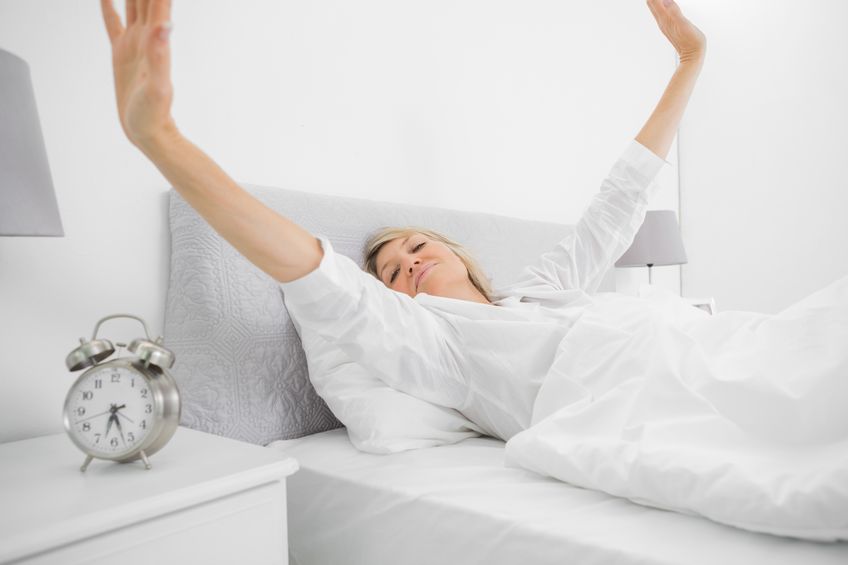 7. Try taking some supplements. You don’t have to take possibly dangerous medications to get to sleep; some natural supplements can be helpful, including melatonin, chlorpheniramine maleate (an antihistamine), Valerian root, calcium with magnesium and vitamin D3, B-vitamins and omega 3.
7. Try taking some supplements. You don’t have to take possibly dangerous medications to get to sleep; some natural supplements can be helpful, including melatonin, chlorpheniramine maleate (an antihistamine), Valerian root, calcium with magnesium and vitamin D3, B-vitamins and omega 3.
8. Have a snack before bed. Eat something light that does not contain a lot of sugar or calories. Complex carbohydrates with calcium and protein can help to induce serotonin release. Low-sugar dairy, bananas, peanuts, almonds, avocado and figs are all good choices. Try not to go to bed hungry, or you will likely find it harder to fall asleep. Nuts such as almonds, walnuts, sunflower seeds, pumpkin seeds, pecans, red peanuts and pistachios are all good snacks and contain essential oils. However, large meals before bed can lead to sleep-interrupting bouts of acid indigestion, heartburn and reflux. A cup of decaffeinated green tea or chamomile tea can also help you to feel sleepy.
9. Get some exercise during the day. Regular exercise helps you to work your muscles and burn off calories. Try not to exercise too vigorously within three hours of bedtime. You will feel satisfied when you get ready to relax at night, knowing that you got some important movement in during your busy day. You don’t have to join a gym or anything; just get out and move around with a walk, a bike ride or a swim – anything that entails moving around for at least 30 minutes per day.
10. Make your bedroom your sanctuary. Install some good window shades to make the room dark, purchase a quality mattress and make sure your bed is big enough to allow for movement. Spend the extra money on quality sheets that are comfortable, good-quality pillows and soft blankets that are not scratchy. Have a night table close by the bed where you can set up a lamp and have other items that you might need throughout the night within arm’s reach.



